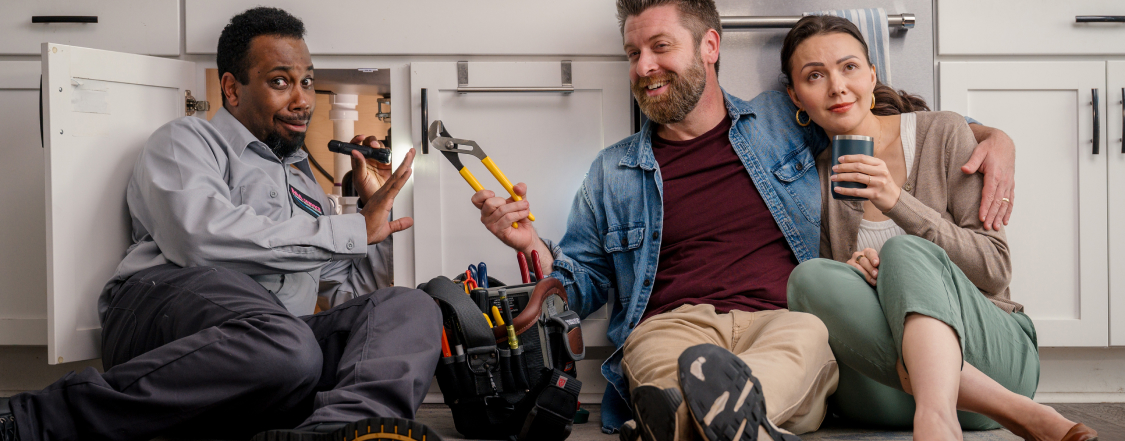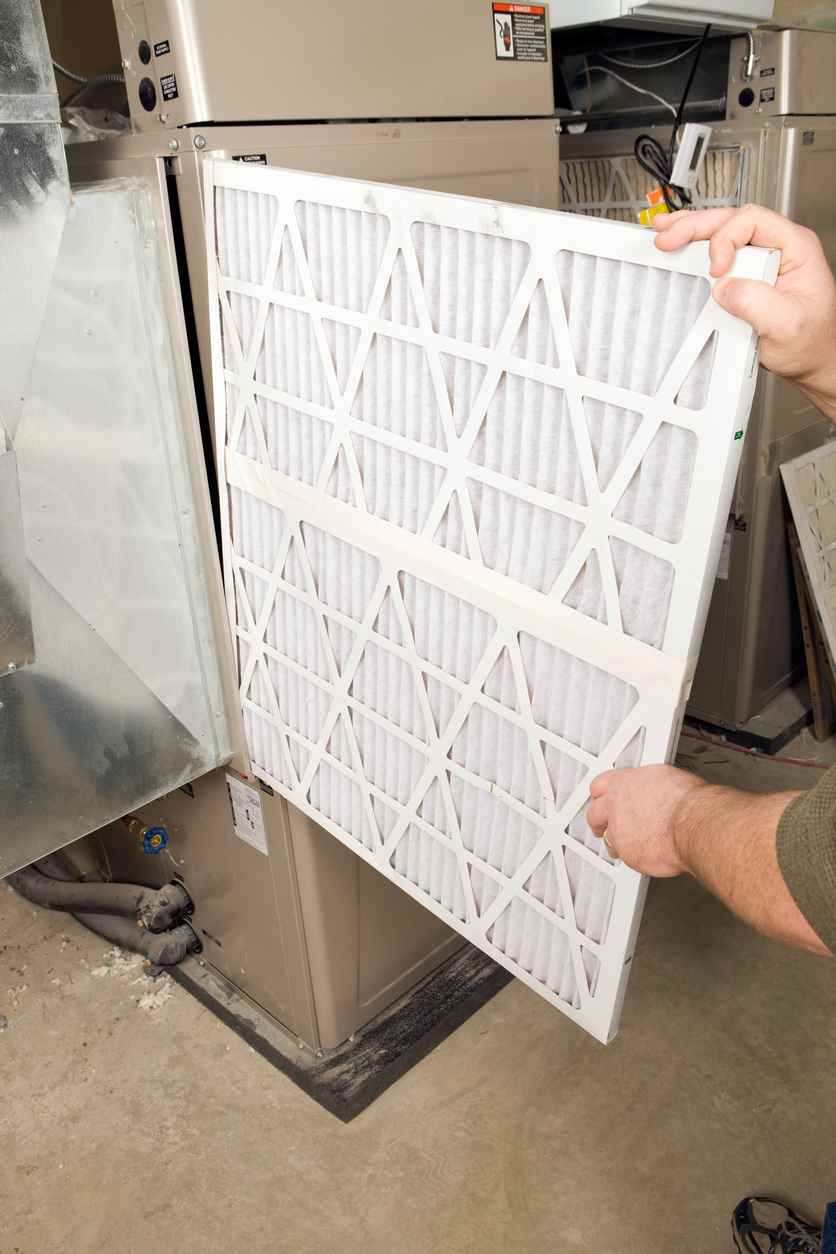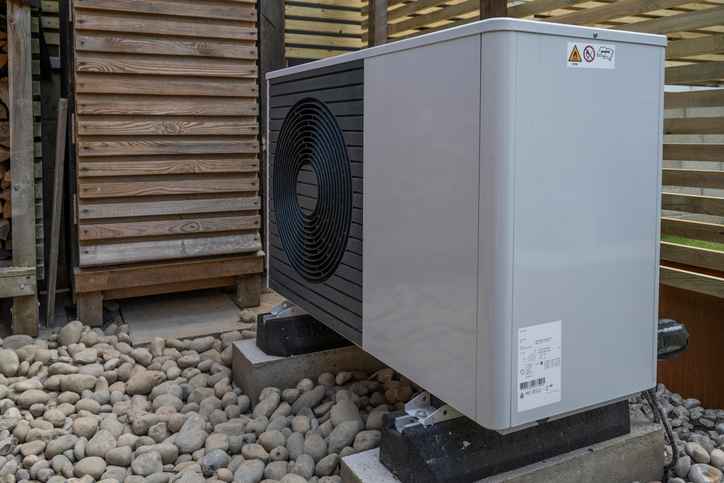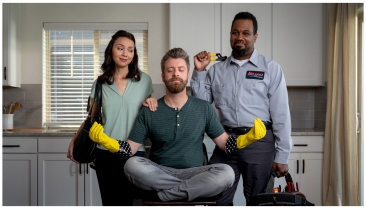Increase Your Water Efficiency
As April is Earth Month, we are considering ways to reduce our consumption of the earth’s finite resources. One of those resources is our freshwater supply. It is estimated that the average American uses 82 gallons of water a day. It is also projected that we could easily reduce our water consumption by 20% just by improving the efficiency of our plumbing system.
The question many people have when it comes to saving water is where to begin. We’ve all heard the adage that we should turn off the faucet while brushing our teeth. But many people want to make a greater impact. Below we provide some helpful tips on how you can start reducing your water consumption today.
Keep reading for three helpful tips on improving your water efficiency.
Only Run Full Loads
Many people love having an empty laundry basket. Consequently, they run several small loads of washing every couple of days. Similarly, if you like to keep your kitchen pristine, you may run the dishwasher every day, even when it’s not full. However, both of these actions end up wasting a lot of water. Whether it’s your washing machine or your dishwasher, a great way to conserve water in your home is only to run full loads. By waiting until you have a full load of laundry or dishes, you guarantee that you are maximizing your water usage and getting more items clean per wash cycle.
Additionally, many people believe that they save water by washing their dishes by hand. It’s actually the opposite! Because today’s dishwashers are so much more water-efficient than they used to be, they require significantly less water than you think. In fact, according to the NRDC, some of the most efficient dishwashers use as little as 3 gallons of water. When washing dishes by hand, you can use up to 27 gallons!
Install a Low-Flow Toilet & Showerhead
Another water hog in the house is your toilet. However, you don’t have to stop flushing to save water. Instead, you can replace your old toilet with a new, low-flow toilet. These newer toilets work just as well as older models but use significantly less water. More efficient toilets can reduce your home’s water usage by up to 60 percent, saving tens of thousands of gallons of water (this can also save you $140/year in water costs!). By some estimations, if every old, inefficient toilet in the US were replaced with a water-efficient model, 360 billion gallons of water would be saved every year.
Similarly, a low-flow showerhead can also reduce your water consumption significantly. According to the EPA, the average showerhead sends out 2.5 gallons of water per minute. If you take a 10-minute shower, that’s 25 gallons of water. However, a low-flow showerhead with the WaterSense certification uses no more than 2 gallons per minute, taking your 10-minute shower down to only 20 gallons of water. If you shower five times a week, that equates to 100 gallons of water saved over the course of four weeks. And that’s just for one person!
As advised by the EPA, look for toilets and showerheads with the WaterSense label. Though you may be concerned about your shower or toilet quality after installing low-flow models, to receive the WaterSense label, these plumbing fixtures must also meet quality standards comparable to conventional models.
Fix Your Plumbing Leaks
Another major source of wasted water is plumbing leaks. It’s not uncommon for a home to have small water leaks go undetected, especially if they occur in piping behind walls or underground (such as in a sprinkler system). Even something as small as a toilet flapper leak can waste upwards of 180 gallons of water per week. In this case, a cheap replacement of your toilet’s rubber flapper will solve the problem and spare the water. Similarly, fixing leaks elsewhere in your plumbing can lead to big savings in both water consumption and on your water bill.
Signs of a plumbing leak include:
- Water staining on walls or ceilings
- Damp carpet or excess moisture in your home
- The sound of running or dripping water when taps are off
- A musty smell in your home, basement, attic, or crawlspace
- Mold growth in your home
- Wet spots in your yard
- An unexplained increase in your water bill
If you believe you have a plumbing leak, reach out to the plumbers at AAA Service Plumbing, Heating & Electric. Our professional plumbers can locate the leak, diagnose the problem, and make expert repairs.
Want more tips on conserving water in your home? Give us a call!









